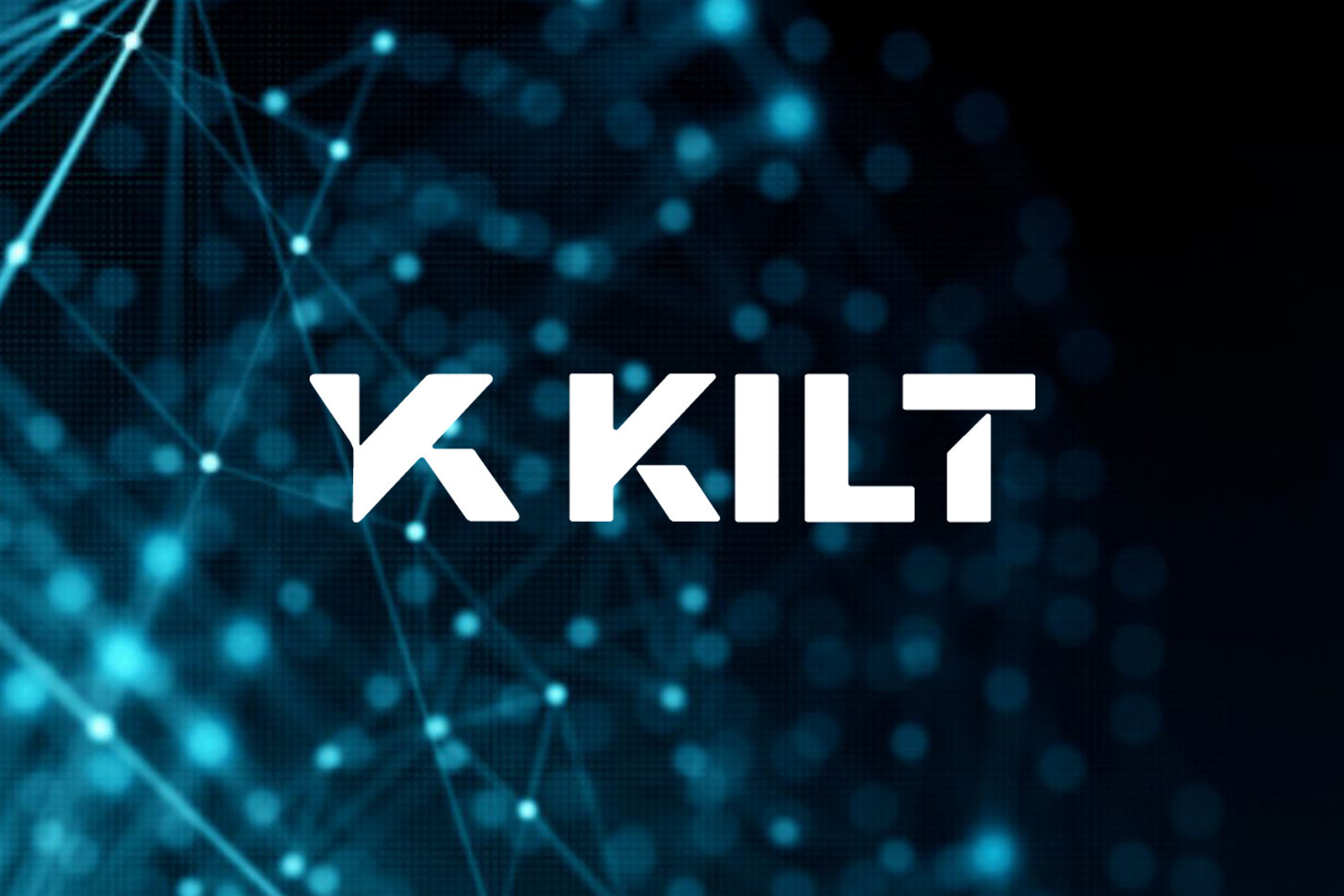This publication is provided by the client. The text below is a paid press release that is not part of Cointelegraph.com independent editorial content. The text has undergone editorial review to ensure quality and relevance, it may not reflect the views and opinions of Cointelegraph.com. Readers are encouraged to conduct their own research before taking any actions related to the company. Disclosure.
KILT Protocol enters a bold new chapter, launching a suite of next-generation products designed to bring decentralized identity (DeID) into mainstream use. With the upcoming release of Sporran 2.0, Clans, KILT Pay, DIDsign 2.0 consumer apps, and support for Ethereum-compatible chains, the company is extending its reach to millions of users and positioning itself as the leading identity layer for the decentralized internet.
In 2025, KILT will bring its core identity infrastructure to the Ethereum Virtual Machine (EVM) world with a dedicated TypeScript SDK, Solidity libraries, and native support for chains like Base, Arbitrum, Optimism, and Polygon. Developers will be able to integrate KILT credentials into smart contracts and applications with minimal overhead, enabling identity to function as a composable layer across ecosystems.
KILT’s upcoming consumer products reflect this shift. Clans is a mobile-first platform that rewards users for engaging with content and social campaigns, designed for protocol-agnostic growth across ecosystems. Sporran 2.0, KILT’s redesigned identity super app, enables users to manage credentials, sign documents, and access services using decentralized sign-on, all from a mobile device. It transforms identity from a blockchain concept into an everyday utility with built-in security features and seamless UX.
DIDsign 2.0 introduces decentralized document signing to a wider audience. Users can create verifiable, privacy-preserving signatures using credentials stored on their own devices. From contracts and NDAs to multiparty workflows, DIDsign 2.0 offers legally-sound alternatives to traditional e-signing platforms without compromising user control.
KILT Pay bridges the gap between credentials and financial transactions, enabling secure, credential-based payments and AML compliance without exposing personal data. It provides a powerful onboarding tool for fintechs, exchanges, and DAOs that need non-custodial KYC capabilities with zero friction for end users.
To lower the barrier for developers, KILT will also launch DID-as-a-Service — a turnkey identity infrastructure layer accessible through RESTful APIs and SDKs. Builders will be able to add decentralized identity to apps, content portals, and Web3 platforms using just a few lines of code.
The KILT community has approved a token migration to Base, marking a key step in the protocol’s multichain expansion. The process, which has passed a full Certik audit, will begin in the coming weeks. KILT holders will be able to migrate via supported exchanges or through a self-custody route, with detailed instructions available on official channels.
These developments are supported by the newly established KILT Foundation, which will focus on growing the ecosystem, expanding partnerships, and helping KILT scale as the core trust layer for Web3. This follows several years of successful work with governments and enterprises on verifiable identity systems across Europe.
By delivering scalable, composable, and privacy-first identity infrastructure, KILT is redefining what trust looks like on the internet. In a world where passwords are obsolete, platforms require compliance, and communities want proof of contribution, KILT offers the missing layer.
About KILT Protocol
KILT is an identity blockchain for generating decentralized identifiers (DIDs) and verifiable credentials, enabling secure, practical identity solutions for enterprise and consumers. KILT brings the traditional process of trust in real-world credentials to the digital world, while keeping data private and in possession of its owner.


